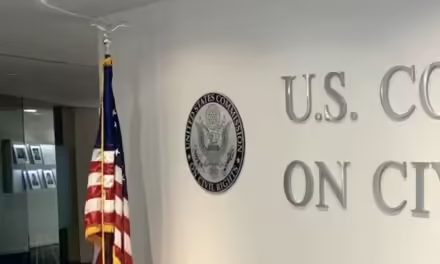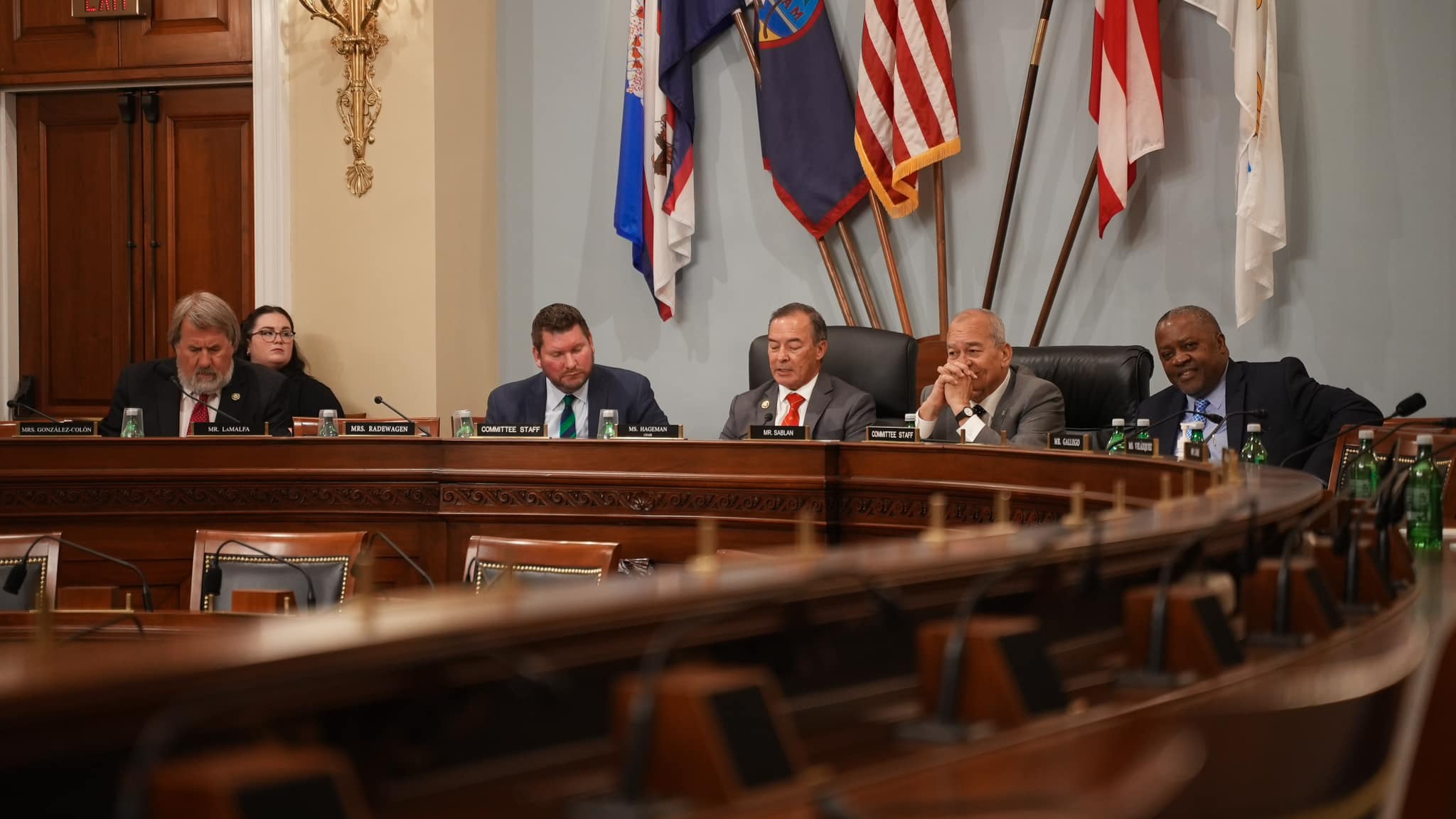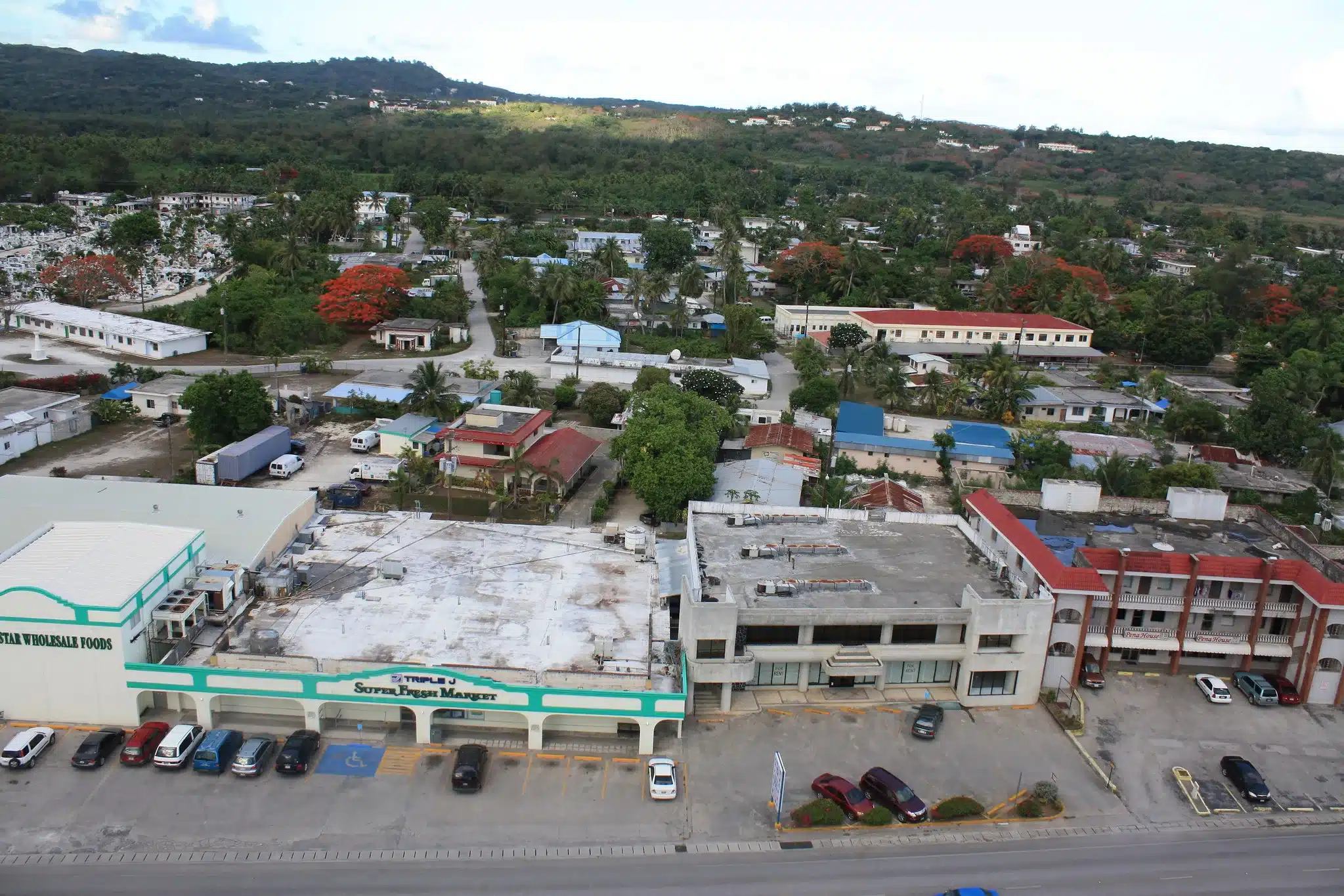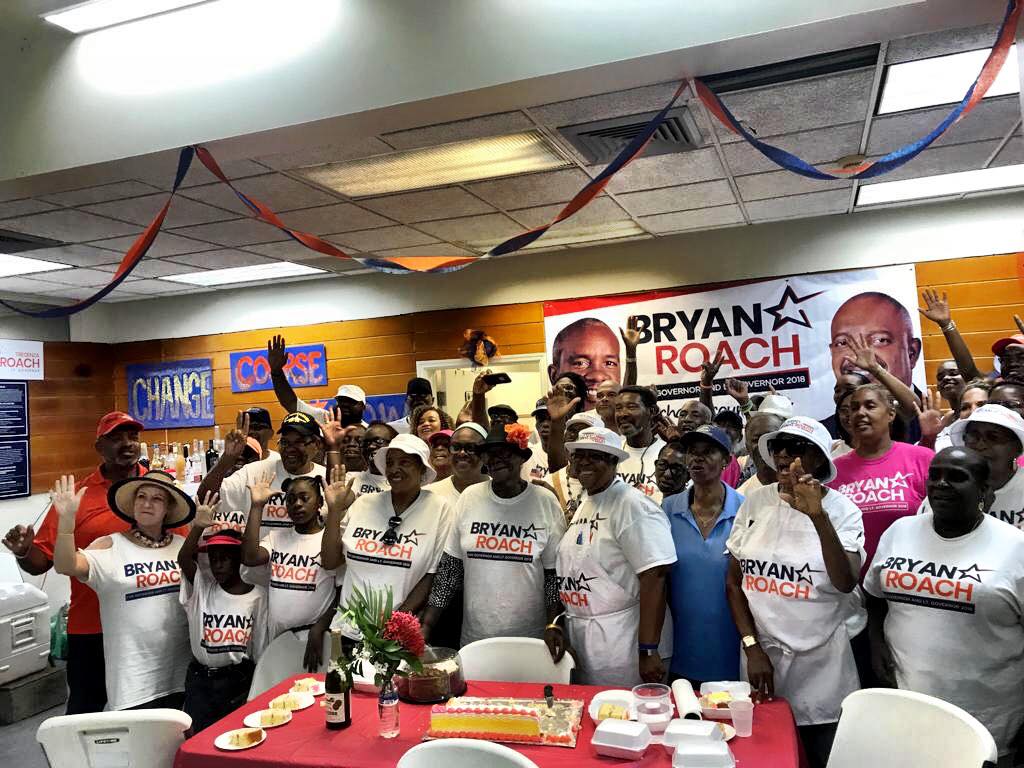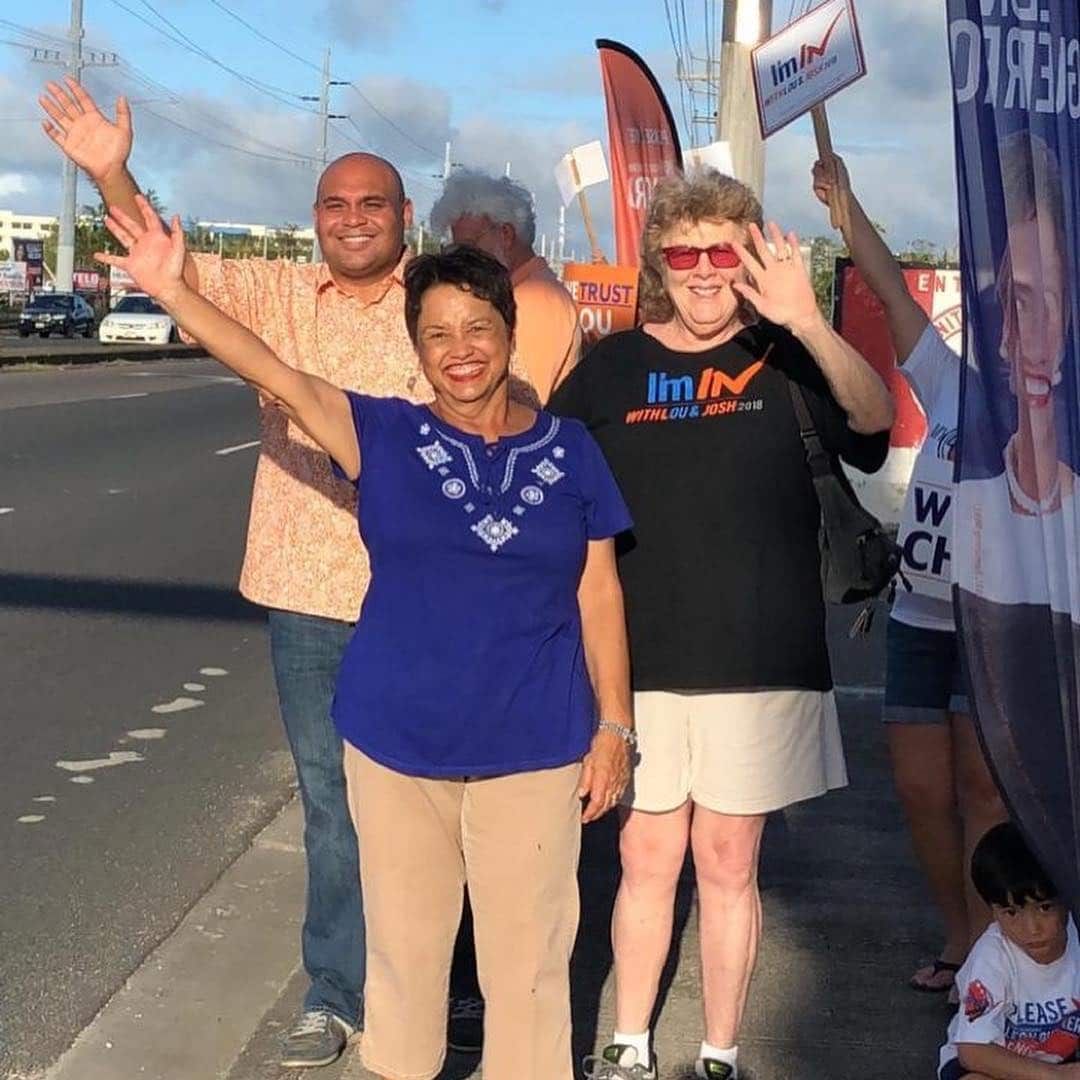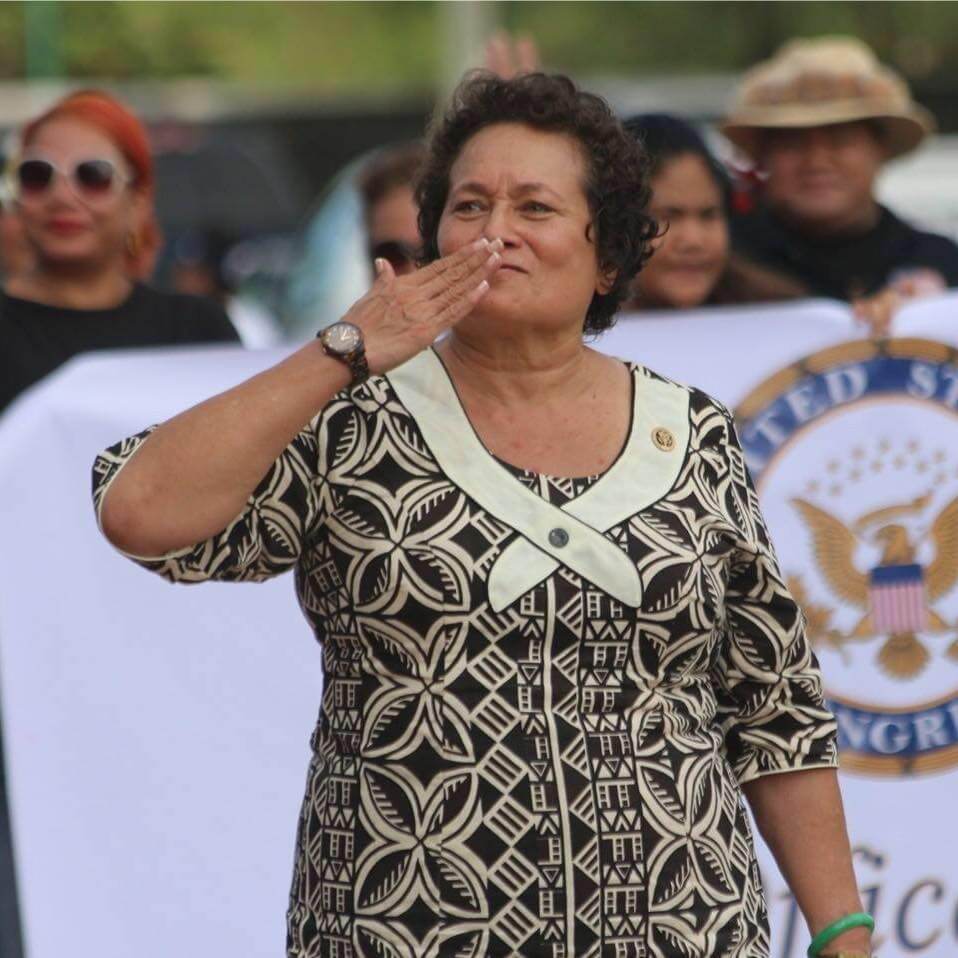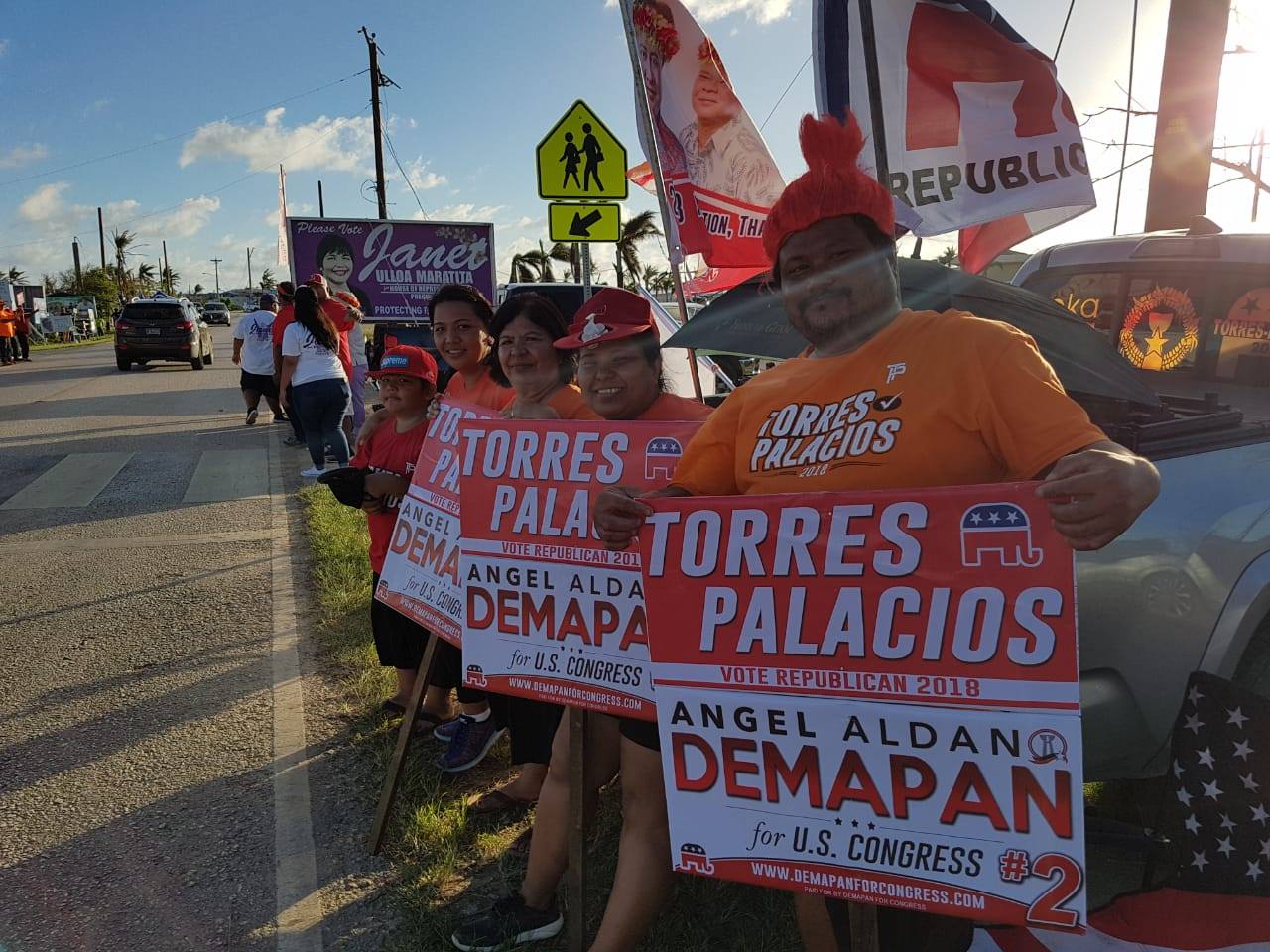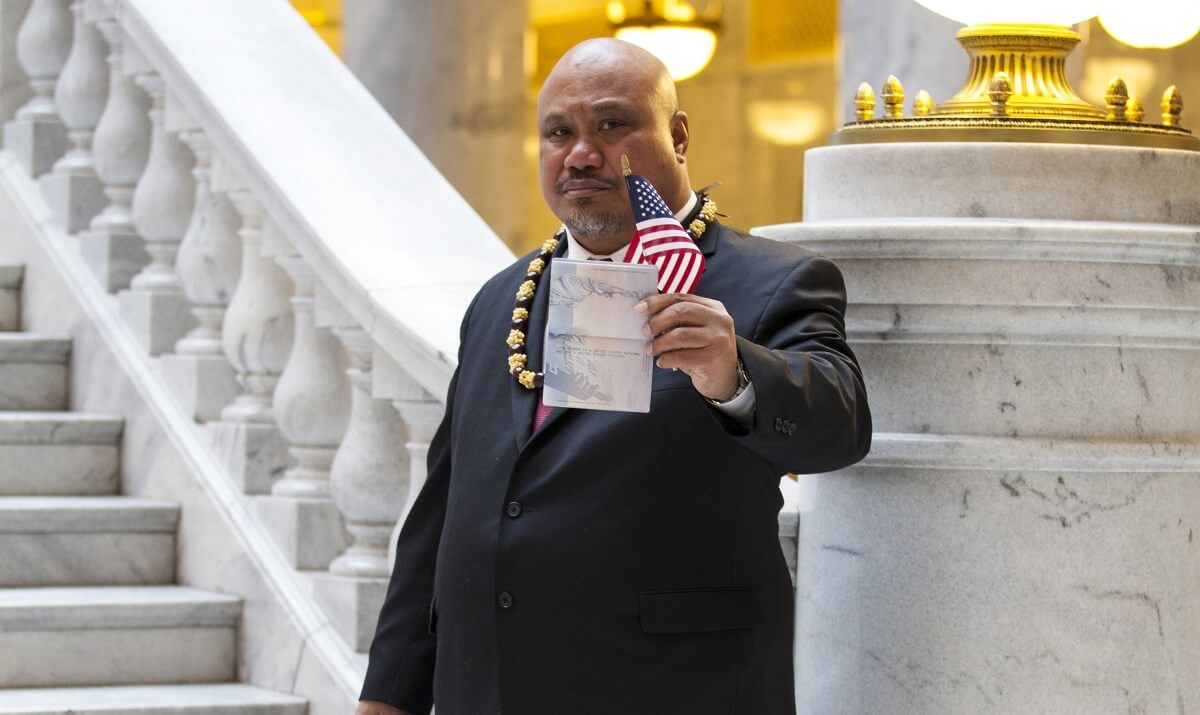Blue wave extends to Guam, US Virgin Islands, as American Samoa and Northern Mariana Islands reelect Republicans
On November 6, residents of most US territories went to the polls to select their governors and Territorial Delegates to the US House of Representatives. Puerto Rico is the only territory to not have had any contests during 2018. Following the trends on the mainland, Guam and the US Virgin Islands saw Democratic gains in the governorship, as American Samoa and the Northern Mariana Islands reelected their Republican leadership.
United States Virgin Islands
Stacey Plaskett (D) was reelected after running unopposed for territorial delegate. As a non-voting delegate, she cannot vote for Speaker of the House, but has expressed hesitation to support Nancy Pelosi’s bid to regain the leadership position, suggesting fellow Congressional Black Caucus Members Marcia Fudge or Karen Bass instead.
Governor Kenneth Mapp (I) lost his reelection bid to Democratic Party-endorsed candidate Albert J. Bryan, Jr in the 20 November runoff election. Bryan defeated the incumbent governor by a 3,020 vote margin, garnering 54.54% of the final vote.
Facing six opponents in the 6 November election, Governor Mapp’s path to reelection was narrow after only receiving 33.71% of the vote–second place behind Bryan’s 37.93%. The governor failed to win over US Virgin Islanders for a second term, and was criticized for mishandling the territory’s debt crisis, resulting in downgrades to the creditworthiness of the territory’s government, as well as his inability to bring about the economic promises he made in during his campaign for governor in 2014.
“I think the message that we carried tonight, as well as unity and change, is that we’re going to put the Virgin Islands back together and stop this kind of separatist dialogue,” Bryan said at an election night victory rally in St. Croix.
Bryan, who ran on a platform of free college tuition and modernization of infrastructure, will join the ranks of the other 12 new Democratic governors elected on 6 November, including 8 others who “flipped” a seat from the other party.
Guam
Former nurse Lou Leon Guerrero (D) defeated Lt Governor Ray Tenorio (R) and write-in candidate Frank Aguon (D), winning a slim majority of the votes and avoiding a runoff. 50.7% of Guamanian voters chose Leon Guerrero, with 26.4% for Tenorio and 22.9% for Aguon. She will be the territory’s first female governor, and first Democratic governor since 2002. The results were certified November 21.
Leon Guerrero’s running mate Josh Tenorio (D) will be the first gay man to serve as Lieutenant Governor of Guam.
On 16 November, Governor-Elect Leon Guerrero attended a three-day seminar for new governors in Colorado Springs, Colorado. At the invitation of the National Governors Association. She described her experience at the associations “boot camp” as a chance to network with other governors-elect, and to “build important relations with our federal partners,” to “[prioritize] Guam-specific issues at the national level.”
Additionally, a record number of women candidates were elected to the territory’s legislature. 10 of 15 seats of Guam’s unicameral law-making body will be held by women next year.
Democratic Senator Michael San Nicolas easily defeated former Public Auditor Doris Brooks (R) in the race to replace Madeleine Bordallo (D) as the territorial delegate to Congress. San Nicolas will be the fifth person ever to represent Guam in the US House of Representatives.
“100% of the new Republican members that I have met so far have presented themselves as decent human beings eager to represent their constituents as earnestly and honestly as the rest of us,” he wrote. “Let’s end the stretch to divide and start uniting this country, from the shores of Guam to the coast of Maine.”
Territorial delegate for the Northern Mariana Islands Kilili Sablan expressed support for the fellow Democrat.
“Guam voters made a smart decision to send a Democrat to be their voice in Congress,” Congressman Sablan said.
In a Facebook post, San Nicolas announced that he will be joining the Congressional Asian Pacific American Caucus, continuing in the role left behind by former delegate Bordallo.
American Samoa
Republican Aumua Amata Coleman Radewagen was reelected as territorial delegate representing American Samoa with 83.3% of the 8,638 votes cast. First elected in 2014, she will now serve a third term.
Radewagen, and her opponents Meleagi Suitonu Chapman (D) and Tuika Tuika (I), were the only names on the ballot. This is because American Samoa’s legislature is elected by and from tribal chiefs across the islands, an arrangement made possible by the US Department of the Interior’s jurisdiction over the territory. Additionally, Governor Lolo Matalasi Moliga (I) will not be up for reelection until 2020.
Northern Mariana Islands
Governor Ralph Anthony Deleon Guerrero Torres (R) fended off a reelection challenge from Democrat and former governor Juan Nekai Babauta, winning with 62.1% of the vote.
Governor Torres suspended his campaign more than 2 weeks before the election to focus on responding to Super Typhoon Yutu, which devastated Saipan. Issuing executive orders declaring a state of emergency and price freeze, the typhoon was a challenge for Torres, who is the nation’s youngest governor at 38 years old.
“I ask our community to respect each other and help each other out during this difficult time,” wrote Torres in a press release. “This recovery operation is beyond politics.”
Kilili Sablan (I) also won reelection to a sixth term as the CNMI’s territorial delegate. Although officially independent, Sablan cacucuses with the Democratic Party. Sablan had a limited reelection campaign, instead focused on getting information to his constituents about the recovery efforts and relief aid following Yutu, which first formed on 21 October.
“Yutu disaster assistance will be my first order of business when I am back at work in Congress on November 14,” Kilili said in an election day press release. “This is our chance to rebuild stronger than ever. I intend to make the most of all I have learned in ten years in Congress to get the Marianas the help we need.”
After the election, the delegate expressed optimism for the “good years ahead” with the new Democratic takeover of the House of Representatives, and declared an interest in being assigned a chairmanship on the House Committee on Education and the Workforce or in the House Natural Resources Committee.
Looking forward to working with Rep. Jared Huffman on environmental issues come January. One of the items on top of our list is my bill vs shark fin trade. It's already banned in the Marianas. It's time to make the ban nationwide. https://t.co/4nQKTIeqP6
— Del. Kilili Sablan (@Kilili_Sablan) November 11, 2018
Sablan has an ambitious agenda for his return to Congress within the Democratic majority, eyeing legislation to include the Marianas in the Wagner-Peyser jobs grant, “Medicaid state-like treatment” for his territory, federal aid for college tuition and food stamps, and banning the shark fin trade.

